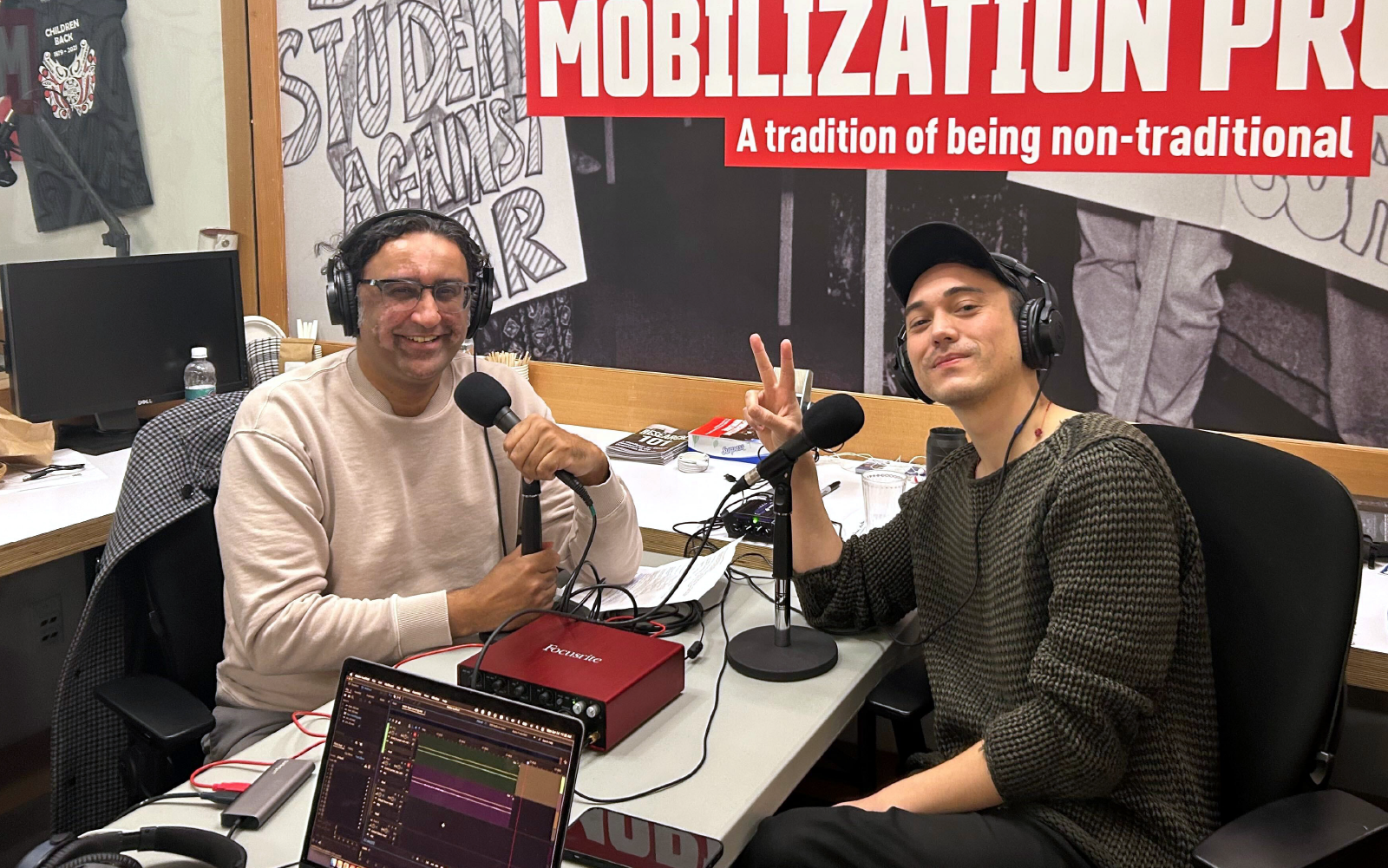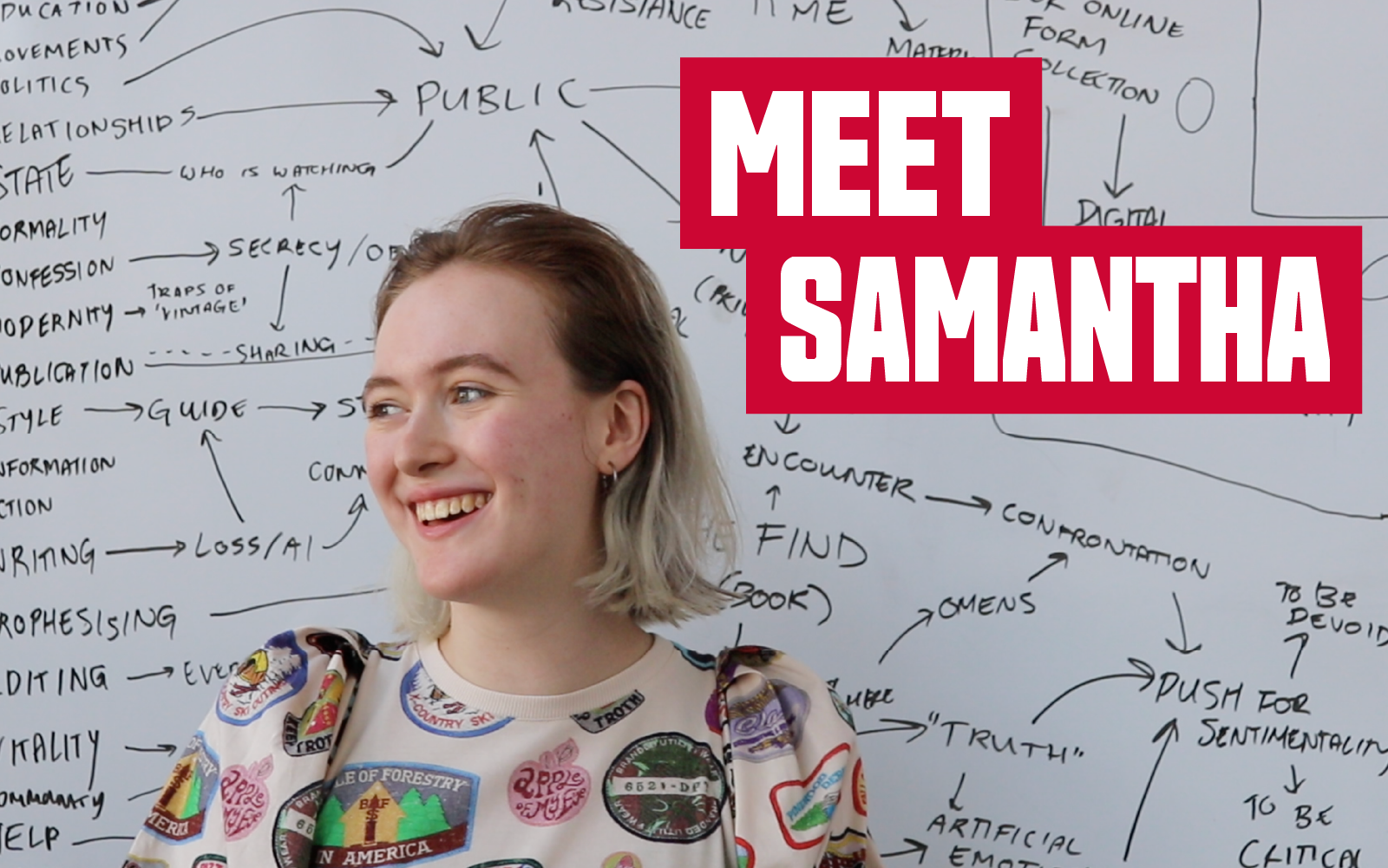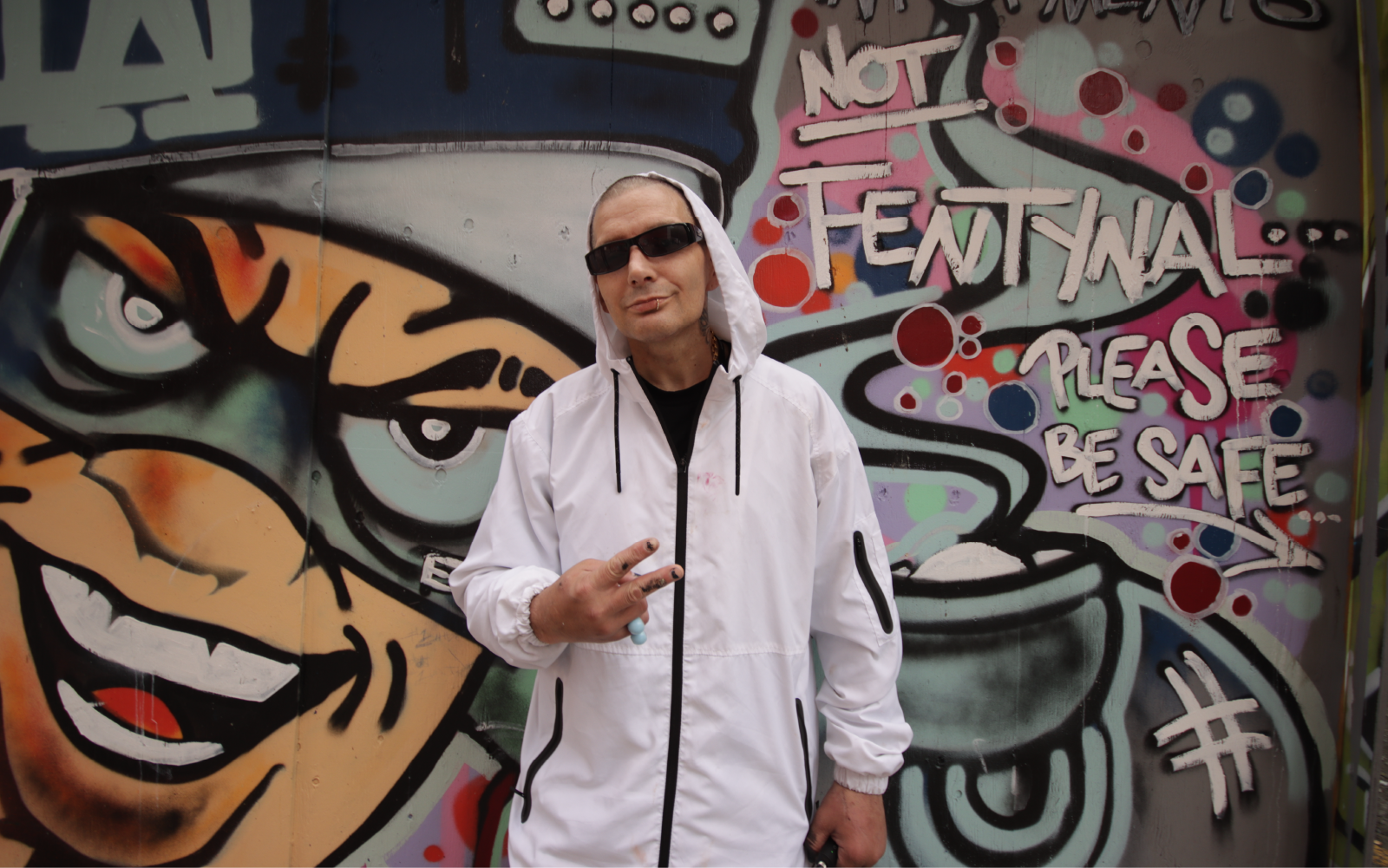Article
Black Youth Organizers on Mutual Aid and Community Responses to COVID-19
Jackie Obungah, the Office’s Summer 2020 Co-op Communications Specialist, guest hosted an episode of Below the Radar featuring a conversation with SFU students and community organizers Ayaan Ismaciil and Natasha Mhuriro.
They discuss the importance of creating the Black in BC Mutual Aid fund to support members of the Black community that have been heavily impacted by the current COVID-19 pandemic. As Ayaan highlights, it was critical for the founders to ensure that the mutual aid fund was low-barrier and accessible for Black folks within BC. This includes community members who have lived experiences of being migrants and refugees, LGBTQ+, and living with disabilities. The fund is also run by members who have similar lived experiences and navigate the world through this lens.
Recognizing that the pandemic has added a layer of stress onto Black communities in BC, the prevalent lack of data and lack of government support so many Black communities experience puts a lot more urgency on this.
Natasha emphasizes the importance of mutual aid as a means of community support. Mutual aid initiatives have a long history in Indigenous and Black communities — especially those on the African continent — as one of the most fundamental ways community members show unity, care, and support through low-barrier access to resources that are vital. In most cases, this doesn’t just show up in monetary support, but in other ways, such as community gardens, information sharing, etc.
“We have made the fund as accessible as we can, especially for folks who don’t have access to laptops. We go into the community to ensure folks can access the applications.”
— AYAAN ISMACIIL
Black youth participating in mutual aid initiatives has become a dependable form of collective action that builds communal sufficiency — a way to disrupt the continued colonial violence that wreaks havoc through marginalized communities.
The delicate balance between being students and community organizers is also touched on in the episode. Ayaan and Natasha speak about their approaches to self care, which define how they engage with aspects of organizing on campus and in the community that, especially in current times, have been taxing them as individuals.
“I am grateful for community care and support that I get from the Black community and especially other Black women.”
— NATASHA MHURIRO
The episode concludes with a note on the continued importance of solidarity between Indigenous and Black communities. The liberation that Black communities seek on these lands is intertwined with that of Indigenous communities as well. The foundation of the work done by Ayaan and Natasha seeks to work hand-in-hand with Indigenous leadership to attain Indigenous sovereignty on their own terms.
“The solidarity and the bond between Indigenous and Black communities has always been there.”
— AYAAN ISMACIIL
Listen to the episode below, or on your podcasting platform of choice.
About the Guests
Ayaan Ismaciil is a Black African Muslim Refugee-settler on the stolen and occupied ancestral homelands of the Coast Salish Peoples; the xwməθkwəy̓əm (Musqueam), Skwxwú7mesh (Squamish), and səl̓ílwətaʔɬ/Selilwitulh (Tsleil-Waututh) Nations. She is invested in community organizing, furthering afrocentric decolonial practices in her life/community, and creating youth spaces that center the leadership, lived experiences and expertise of Black and Indigenous youth. Ayaan is a founding member of the Black in BC Mutual Aid Fund Team. She is also working on a personal project Dreams of Humanity: Refugee Voices which aims to create space for Refugee folks living in what’s colonially known as Vancouver. Amid this global pandemic and fight for Black liberation and Indigenous Sovereignties across Turtle Island, Ayaan is being sustained by mutual support and community care from Black and Indigenous youth.
Natasha Mhuriro was born and raised in Zimbabwe. She currently lives, works and studies on the occupied territories of the xwməθkwəy̓əm (Musqueam, Skwxwú7mesh (Squamish), and səl̓ílwətaʔɬ/Selilwitulh (Tsleil-Waututh) Peoples. Her interests are in public policy and empowering self-identified Black women. Upon completion of her studies at SFU she hopes to start initiatives that will encourage young women to foster positive societal change by taking an active role in shaping public, economic and development policies. She is inspired and guided by the many teachings and lessons she continues to receive from the Black women in her life.
She is passionate and invested in community organizing, which has resulted in her making lasting contributions in the various fields she has worked in marked by an exceptional devotion to amplify the voices of Black women. On campus she organizes with the SFU African Students’ Association as President of the group to engage and amplify African students’ voices and interests and the community at large. She also currently volunteers as one of the co-organizers of the Black in BC Mutual Aid’s Support Fund which is a low-barrier, emergency, micro-grant program that seeks to support Black people in BC throughout the COVID-19 pandemic.
Natasha loves travelling and fashion. In her free time, she enjoys reading, journaling, dining out at different restaurants and spending quality time with her family and friends.
Related Updates
-
February 19, 2025

February 19, 2025
On behalf of SFU’s Vancity Office of Community Engagement, we wanted to take the time to say that we have been overwhelmed and deeply touched by the voices of love, solidarity and support that have been shared since the announcement of the closure of our office on January 22, 2025 by SFU.
-
January 15, 2025

January 15, 2025
Can podcasting act as a new kind of scholarly form? What are the characteristics that make a podcast scholarly, and what is the potential of scholarly podcasting beyond knowledge mobilization and public scholarship? These are the questions that the Below the Radar Academic Advisory Board approached at the scholarly podcasting teach-in this past October—the first public convention of the advisory board since their inception.
-
August 15, 2023

August 15, 2023
With details of our 5-year anniversary celebration event to come, let’s take a sneak peek of the upcoming season.
-
July 26, 2023

July 26, 2023
Since September 2022, we’ve held 42 events and workshops, released 33 episodes, and engaged more than 25,000 podcast listeners. During that time, working diligently behind the scenes—editing podcast audio, and supporting communications and events programming—was our interim Programs Assistant Samantha Walters, who we are pleased to announce has now moved into a continuing role in the office.
-
July 20, 2023

July 20, 2023
On June 29, 2023, 200 people turned out for the world premiere screening of Smokey Devil: Underworld Street Reporter, a feature length documentary by Nathaniel Canuel, co-hosted by SFU’s Vancity Office of Community Engagement.



